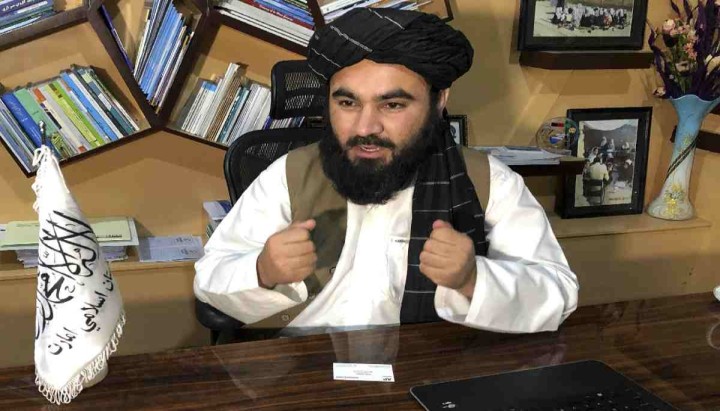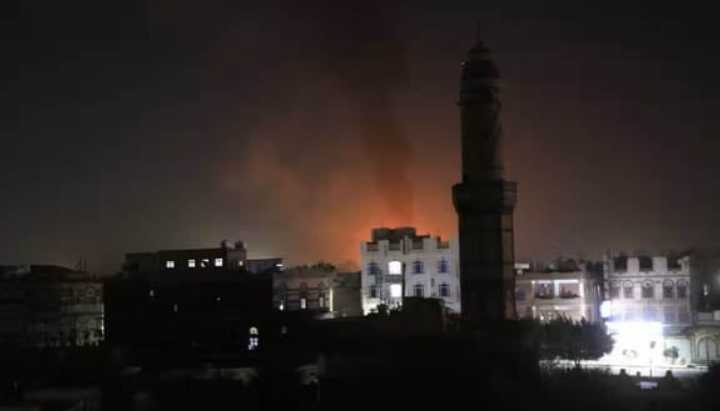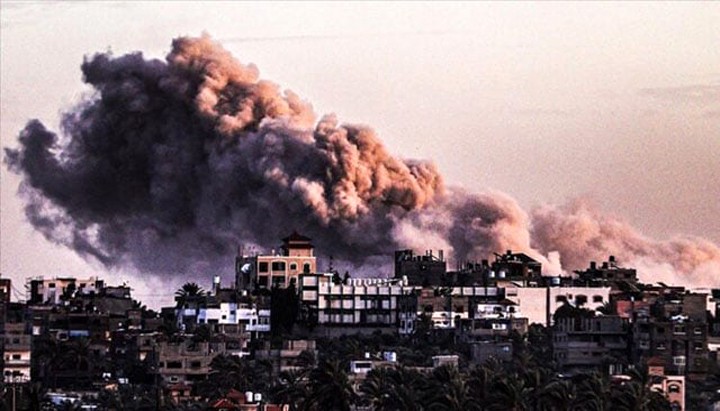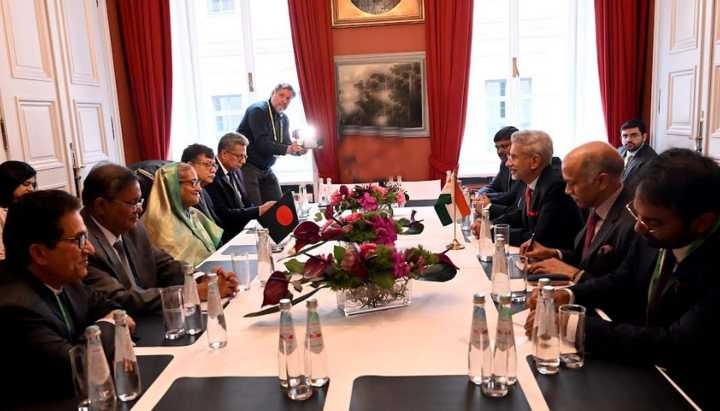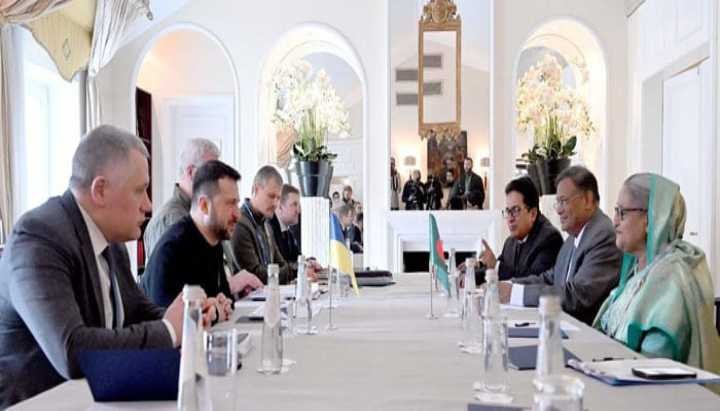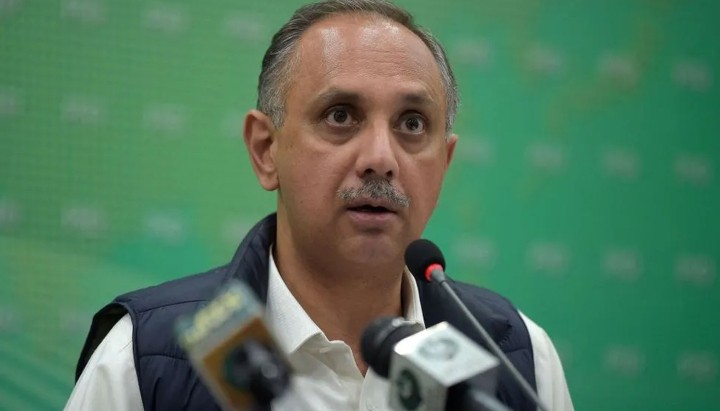Afghanistan's Taliban rulers unexpectedly decided against
reopening schools Wednesday to girls above the sixth grade, reneging on a
promise and opting to appease their hard-line base at the expense of further
alienating the international community.
The surprising decision, confirmed by a Taliban official, is
bound to disrupt efforts by the Taliban to win recognition from potential
international donors at a time when the country is mired in a worsening
humanitarian crisis. The international community has urged Taliban leaders to
reopen schools and give women their right to public space.
The reversal was so sudden that the Education Ministry was
caught off guard on Wednesday, the start of the school year, as were schools in
parts of the Afghan capital of Kabul and elsewhere in the country. Some girls
in higher grades returned to schools, only to be told to go home.
Aid organizations said the move exacerbated the uncertainty
surrounding Afghanistan's future as the Taliban leadership seems to struggle to
get on the same page as it shifts from fighting to governing.
It also came as the leadership was convening in Kandahar
amid reports of a possible Cabinet shuffle.
U.S. Special Representative Thomas West tweeted his “shock
and deep disappointment” about the decision, calling it “a betrayal of public
commitments to the Afghan people and the international community.”
He said the Taliban had made it clear that all Afghans have
a right to education, adding, “For the sake of the country’s future and its
relations with the international community, I would urge the Taliban to live up
to their commitments to their people.”
The Norwegian Refugee Council, which spends about $20
million annually to support primary education in Afghanistan, was still waiting
for official word from the Taliban about canceling the classes for girls above
the sixth grade. The NRC also provides emergency shelter, food and legal
services.
Berenice Van Dan Driessche, advocacy manager for the
council, said their representatives had not gotten official word of the change
as of Wednesday night, and that girls in the 11 provinces where they work had
gone to school but were sent home.
The committee's staff in the provinces “reported a lot of
disappointment and also a lot of uncertainty” about the future, she said. They
said that in some areas, teachers said they would continue to hold classes for
the girls until the Taliban issued an official order.
Waheedullah Hashmi, external relations and donor
representative with the Taliban-led administration, told The Associated Press
the decision was made late Tuesday night.
“We don’t say they will be closed forever,” Hashmi added.
U.N. special representative Deborah Lyons will try to meet
Thursday with the Taliban to ask them to reverse their decision, U.N.
spokesperson Stephane Dujarric said.
Earlier in the week, a statement by the Education Ministry
had urged “all students” to return when classes resumed Wednesday.
On Tuesday, ministry spokesman Mawlvi Aziz Ahmad Rayan had
told AP that all girls would be allowed back to school, although the Taliban
administration would not insist on it in those areas where parents were opposed
or where schools could not be segregated.
He was reluctant to give details but promised if schools can
meet these conditions, “there would no issue for them” to begin classes for
girls in the higher grades.
"In principle, there is no issue from the ministry
side, but as I said, it is a sensitive and cultural issue,” he added.
The decision to postpone the return of girls at the higher
grade levels appeared to be a concession to the rural and deeply tribal
backbone of the hard-line Taliban movement that in many parts of the
countryside are reluctant to send their daughters to school.
The decision also came as the movement’s leadership has been
summoned to southern Kandahar by the reclusive Taliban leader, Haibatullah
Akhunzada, amid reports of a Cabinet shakeup, according to an Afghan leader who
is also a member of the leadership council. He spoke on condition of anonymity
because he was not authorized to talk to the media.
The official said it was possible that some senior interim
Cabinet positions could be changed.
Since the Taliban swept to power in August 2021, there have
been persistent reports of differences among the senior leadership. According
to these reports, more hard-line members are at odds with pragmatists, who want
to see a greater engagement with the world. While staying true to their Islamic
beliefs, they want to be less harsh than when they last ruled Afghanistan,
banning women from work and girls from schools, the reports say.
Television is permitted in Afghanistan today, unlike in the
past, and women are not required to wear the all-encompassing burqa. but must
wear the traditional hijab, covering their heads. Women have also returned to
work in the Health and Education ministries and at Kabul International Airport
at passport control and customs.
The Taliban were ousted in 2001 by a U.S.-led coalition for
harboring al-Qaida leader Osama bin Laden and returned to power after America's
chaotic departure last year.
Girls have been banned from school beyond the sixth grade in
most of the country since the Taliban's return. Universities opened earlier
this year in much of the country, but since taking power the Taliban edicts
have been erratic. While a handful of provinces continued to provide education
to all, most provinces closed educational institutions for girls and women.
In the capital of Kabul private schools and universities
have operated uninterrupted.
The religiously driven Taliban administration fears going
forward with enrolling girls beyond the sixth grade could alienate their rural
base, Hashmi said.
“The leadership hasn't decided when or how they will allow girls
to return to school,” he said. While he accepted that urban centers are mostly
supportive of education for girls, much of rural Afghanistan is opposed,
particularly in Pashtun tribal regions.
In some rural areas, a brother will disown a city-dwelling brother
who allows a daughter to go to school, said Hashmi, adding that the Taliban
leadership is trying to decide how to open education for girls beyond the sixth
grade nationwide.
Most Taliban are ethnic Pashtuns. In their sweep through the
country last year, other ethnic groups such as Uzbeks and Tajiks in northern
Afghanistan either joined the fight with them or simply did not oppose them.
“We did everything the Taliban asked in terms of Islamic
dress, and they promised that girls could go to school and now they have broken
their promise,” said Mariam Naheebi, a journalist who spoke to the AP in Kabul.
“They have not been honest with us," added Naheebi, who
has protested for women's rights.


